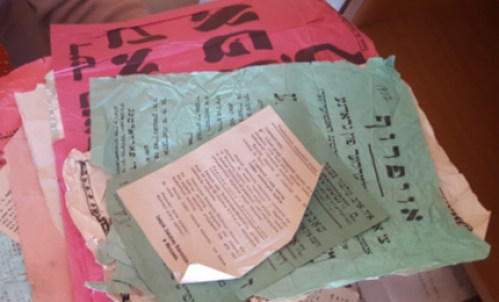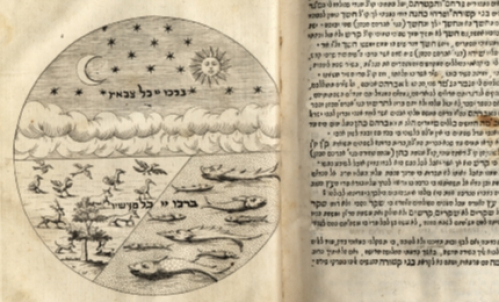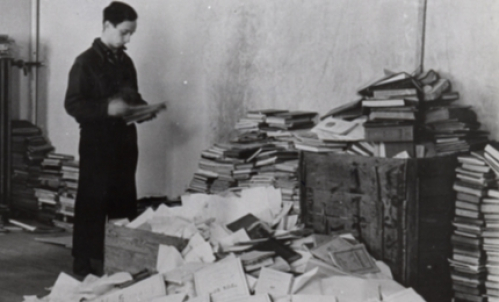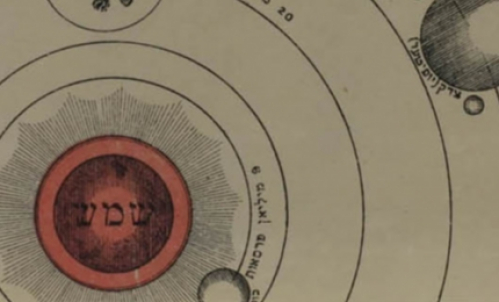Gender in The Shtetl: Have Boys Really Never Spoken with Girls?
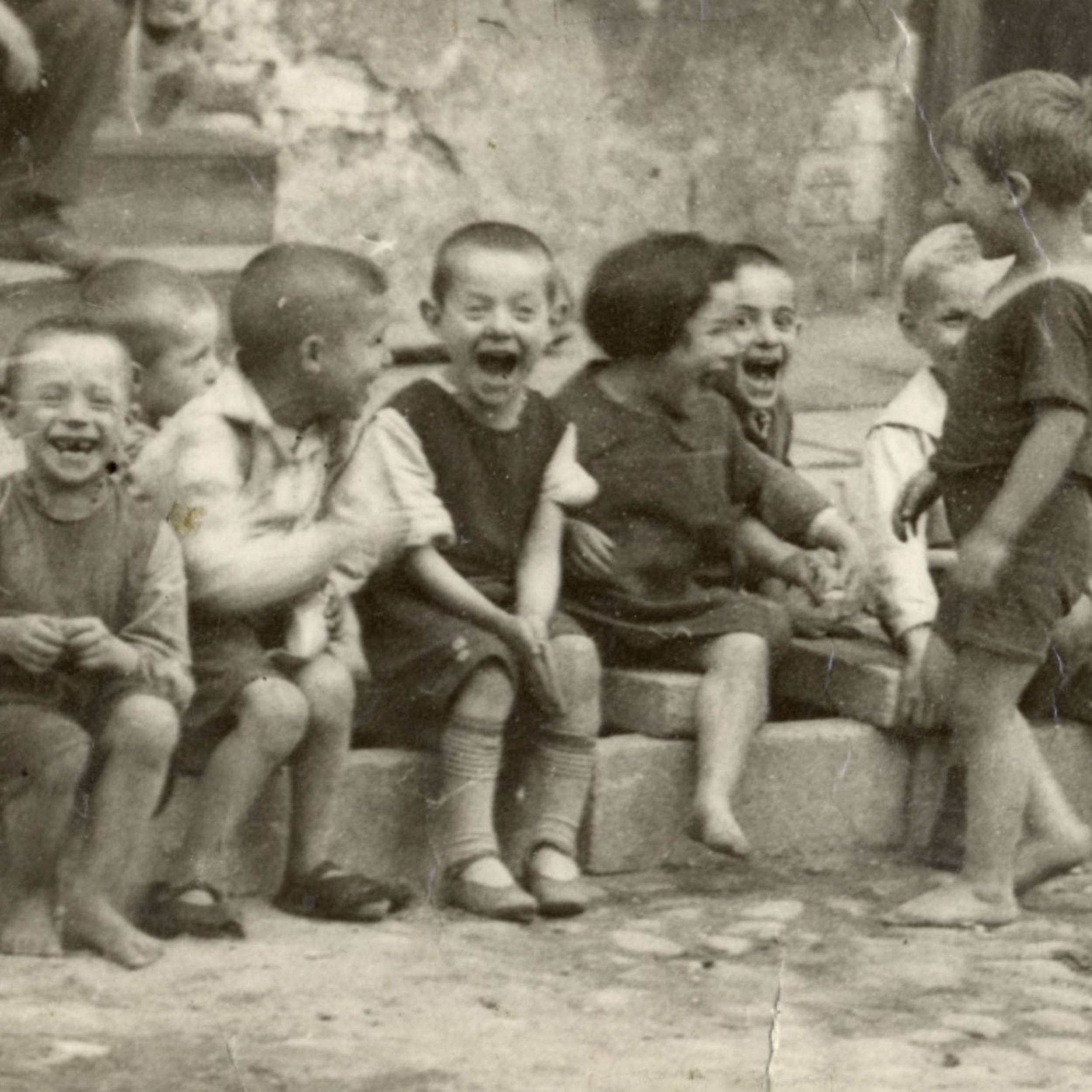
|
Max Weinreich Fellowship Lecture in Eastern European Jewish Studies
The Professor Bernard Choseed Memorial Fellowship and the Natalie and Mendel Racolin Memorial Fellowship Admission: Free |
We tend to assume that the rules dictated by the gender as well as gender roles in the premodern Jewish society were clear-cut and strict. They defined the expectations of girls and boys and shaped their self-understanding. Boys were expected to study Torah, while girls were told to concentrate on more practical knowledge. Boys played soldiers, and girls were amused by dolls. Boys had very few household duties, and girls had plenty of them. The lives and occupations of boys and girls seemed completely different, even nonintersecting.
However, when looking closer, it turns out that the picture was much more complex and ambiguous. Were the gender roles indeed so strict that all the childhood activities were clearly divided into the ones suitable for boys and the others suitable for girls? Did children enjoy almost no communication with the opposite sex and experience complete gender separation? And last, but not least — were the children happy with their gender roles or did they make attempts to transgress gender boundaries?
About the Speaker
Ekaterina Oleshkevich is a Ph.D. candidate at the Department of Jewish History & Contemporary Jewry at Bar-Ilan University, Israel, finishing her dissertation entitled “History, Culture and the Experience of Jewish Childhood in Late Imperial Russia.” She published "Images of Parenthood in the Traditional and Modernized Jewish Family in the Russian Empire," in Jewish Families and Kinship in the Early Modern and Modern Eras (PaRDeS 26), 2020 and her article "Who Nursed the Jewish Babies? Wet-Nursing among Jews in the Late Russian Empire" will appear in volume 36 of Polin: Studies in Polish Jewry. Her research interests include modern Jewish history in eastern Europe, social history, history of childhood and family, and gender studies.
